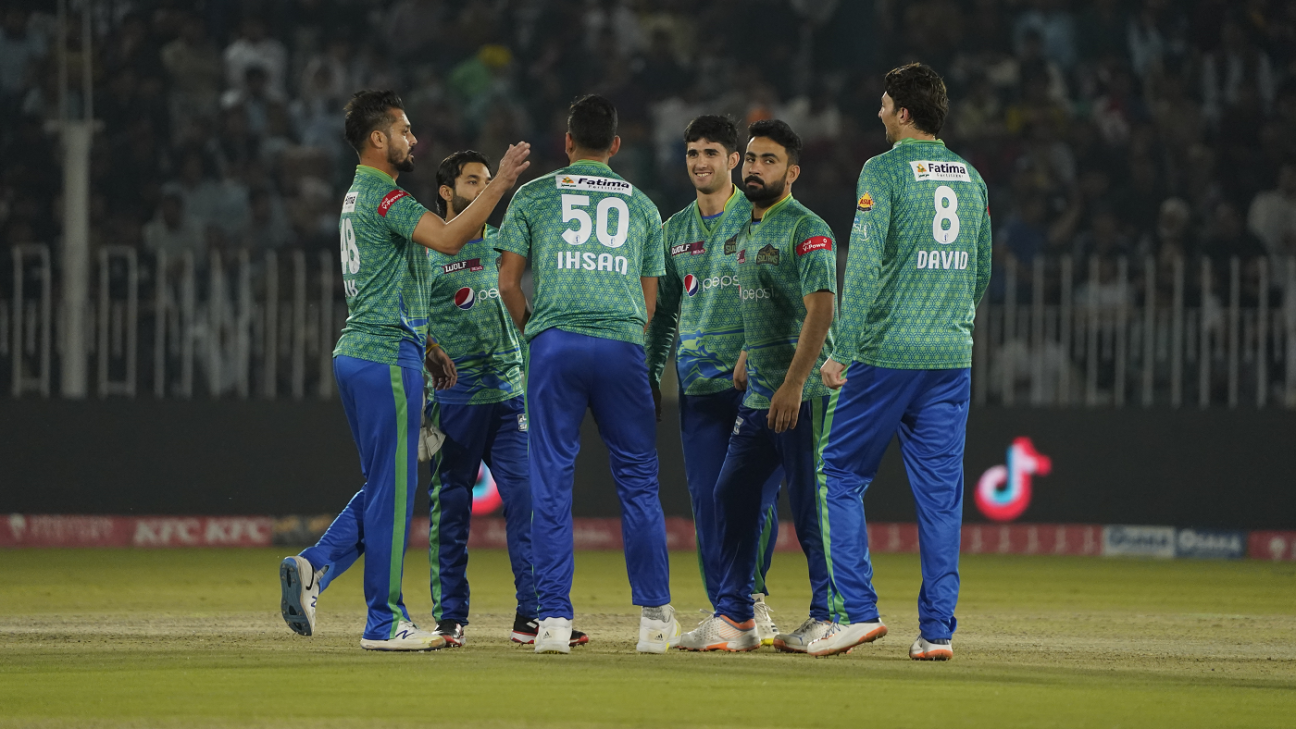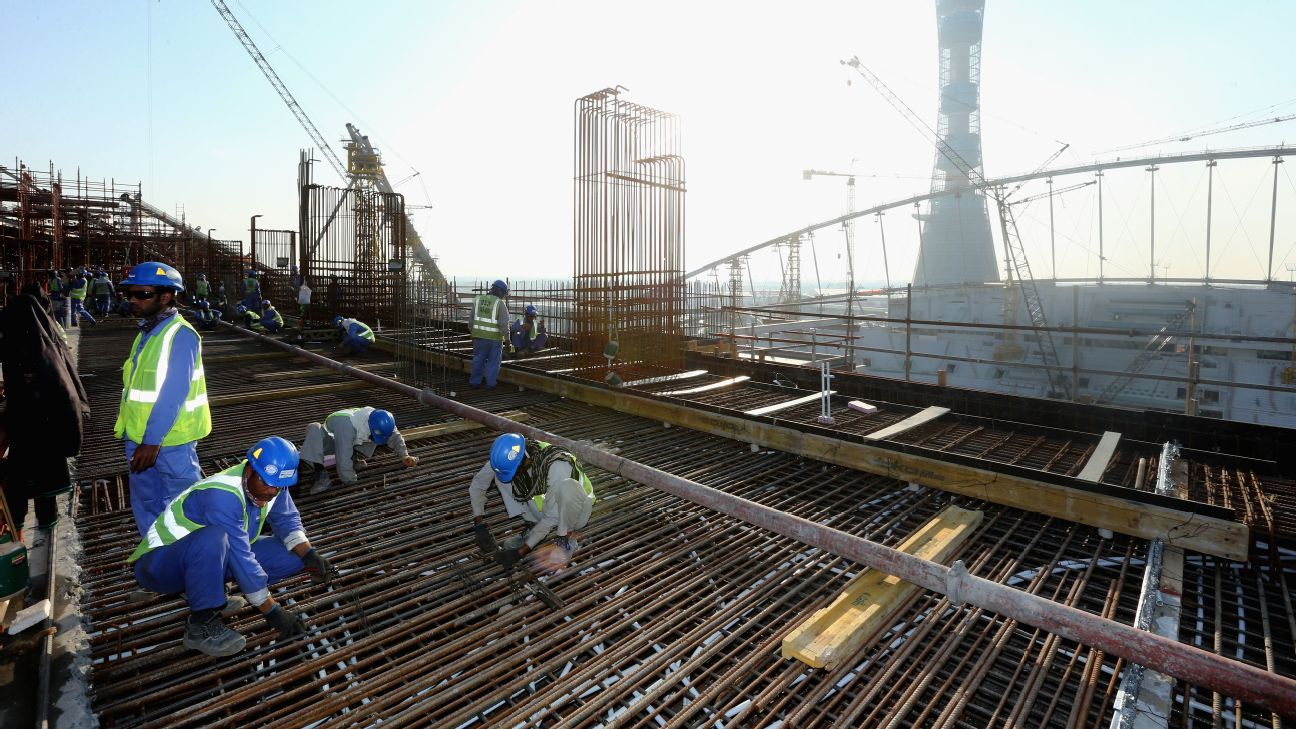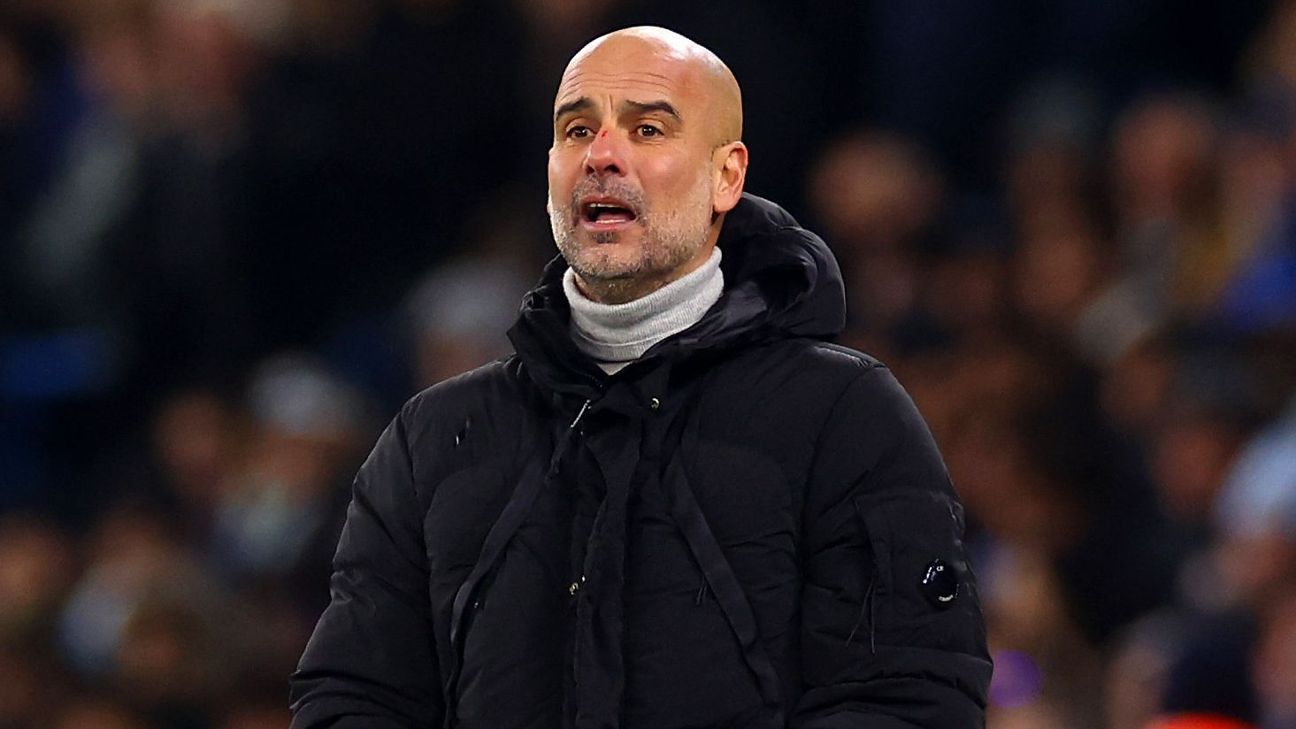
Although the current PCB head Najam Sethi hasn't formally taken up the proposition of new franchises, he has publicly opened up a discussion about the possibility of introducing at least one and a maximum of two teams. In a recent interview with local media Sethi said: "The revenue will increase and also teams will increase, and my advice to the other six franchises is that you will not suffer any loss, but you will make a profit from this, and if the revenue decreases, then we will help you in this matter."
But if a new team does come in, continues the clause, prior to the tenth season, then the share the six current franchises receive from the central pool of income - 95% of media rights, sponsorship rights and gate money - will not be reduced. That share was one of the main outcomes from the negotiations that led to the new financial model being agreed upon, under the chairmanship of Ramiz Raja.
The PCB has not taken the matter up with franchises formally or informally yet but ESPNcricinfo understands that the issue is likely to be on the agenda of the PSL governing council meeting next month. The sixth franchise Multan Sultans came into being after the third edition and was sold for an annual fee of USD $6.35million: after four seasons they are yet to break even financially.
One of the major challenges an expanded league will face is the window the PSL has in the current, cramped calendar. At the moment the league runs for 34 days and is hemmed in at one end by the BPL, the BBL and, from this year, the ILT20 and SA20. At the other end is the IPL and growing in that space could hurt the prospects attracting top foreign talent. The PSL's window itself has not always been fixed. While February-March has been the preferred spot since 2016 , it was pulled back to January-February in 2022 to accommodate the home series against Australia. And a packed international calendar means that in 2025, when Pakistan is due to host the Champions Trophy, there will be a clash of dates with the IPL. And the 2026 PSL will end up taking place fewer than seven months later, in December 2025-January 2026.
The Pakistan economy is also struggling currently, so new sponsorship may not come so easily. And for the next couple of years the league will also have to work around the Islamic month of Ramadan. The league and the month itself are two major commercial opportunities in the year and thus far have not faced major overlaps (the Islamic calendar is lunar-based so each year Ramadan starts ten days or so earlier on the Gregorian calendar). We are now entering a period, however, where there will be overlap and franchises worry that may eat into their commercial opportunities. Another worry is the current depth of the player pool in Pakistan, especially in the top two categories, with six teams already struggling to pick players because of the depleted draft list - another two would stretch that further.
The PSL on paper is a home-and-away tournament but the PCB hasn't been able to play it out over six venues - in practice only four franchises play at home venues. More teams will mean more games and could potentially enhance the broadcast value but at the same time it will increase the production cost. The PCB is exploring venues and Peshawar, which would house Peshawar Zalmi, is likely to be added next year. This season they played an exhibition game in Quetta but it is unlikely they will go back.
Until 2021, the franchises had been battling with PCB over the financial model and had gone the legal route, leading former PCB chairman Ehsan Mani to set up a one-man panel with a retired chief justice of the Supreme Court to arbitrate on the issue. Tassaduq Hussain Jillani reviewed the financial model and submitted that report, though the PCB did not share details of it with the franchises, citing it as confidential. But it paved the way for PCB to sign the addendum that gave the franchises revised distribution revenue from the central pool.















 Phone: (800) 737. 6040
Phone: (800) 737. 6040 Fax: (800) 825 5558
Fax: (800) 825 5558 Website:
Website:  Email:
Email: 






